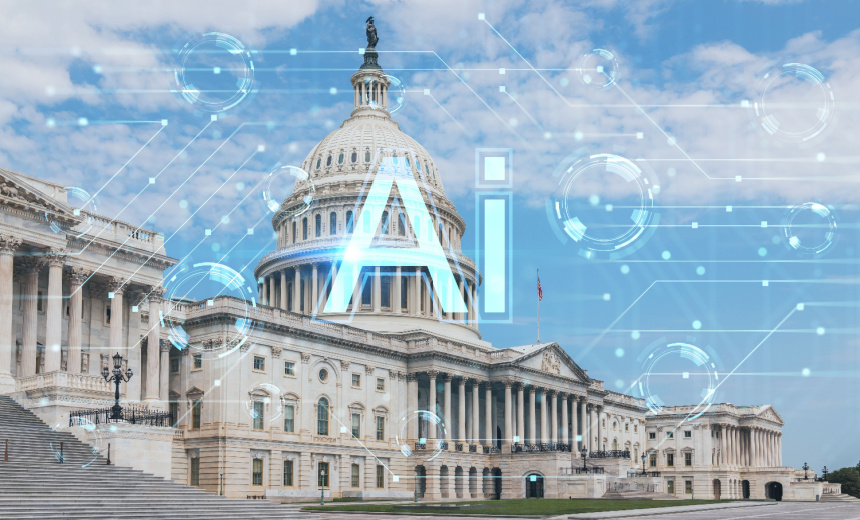Artificial Intelligence & Machine Learning
,
Next-Generation Technologies & Secure Development
AI Leaders Call for Proactive US Response Amid Chinese Technology Breakthroughs

The United States risks losing the so-called “AI Cold War” against China unless it abandons traditional containment strategies and adapts to Beijing’s advances, panelists told lawmakers Tuesday.
See Also: Fortinet Expands FortiAI Across Security Fabric Platform
That warning came from AI and emerging technology experts testifying before the House Committee on Science, Space and Technology. They pointed to DeepSeek’s January debut as China’s boldest challenge yet to American-developed platforms like OpenAI’s ChatGPT, underscoring Beijing’s accelerated, multi-billion-dollar push into AI supremacy. Since then, Alibaba’s Qwen model overtook DeepSeek’s R1, Tencent’s T1 leapfrogged both in multiple benchmarks and startup Manus AI captured headlines with its advanced general AI agent, highlighting Beijing’s momentum against U.S. dominance.
“I’m as stunned as all of you about just how fast China has caught up,” said Adam Thierer, resident senior fellow at the R Street Institute, who just 10 months ago testified before the Joint Economic Committee that “AI innovators were firmly in the driver’s seat.”
“All of this happened in less than two months,” Thierer said, adding that China is now “flooding the market with nimble but effective AI systems,” mirroring Beijing’s past strategy of attempting to dominate global markets through aggressive, low-cost competition.
China’s AI surge isn’t merely presenting new business competition to U.S. companies, panelists said. Asian governments have scrambled to ban DeepSeek over privacy fears, as Western researchers warn the platform’s models have come dangerously close to creating evasive ransomware and stealthy keyloggers.
“The speed, openness and quality of DeepSeek’s releases challenge the long-held assumption that the U.S. will remain the global leader in AI,” said Julia Stoyanovich, director of the Center for Responsible AI at New York University, adding that further investments and a “clear policy direction” are required to ensure U.S. leadership.
President Donald Trump signed an executive order his first month in office instructing his top national security and technology advisers to deliver a plan for global AI dominance within six months. Despite those high-level efforts, experts at Tuesday’s hearing said that policymakers are behind the curve and were blindsided by rapid developments abroad.
“DeepSeek’s research was publicly available, its reliance on U.S. chips was known and yet its impact caught Washington off guard,” said Tim First, director of emerging tech policy for the Institute for Progress. “If the U.S. is to outmaneuver China in a race for AI superiority, it needs to look further into the future and respond proactively,” he added.
Gregory Allen, director of the Wadhwani AI Center at the Center for Strategic and International Studies, called coverage of DeepSeek “out of proportion to its technical achievements,” but said its rise is still a “wakeup call for America.”
Allen warned lawmakers that a challenge even greater than DeepSeek or the next Chinese-developed AI breakthrough is “the potential for China to produce AI chips domestically at sufficient quantity and quality” to compete directly with U.S. data centers.
